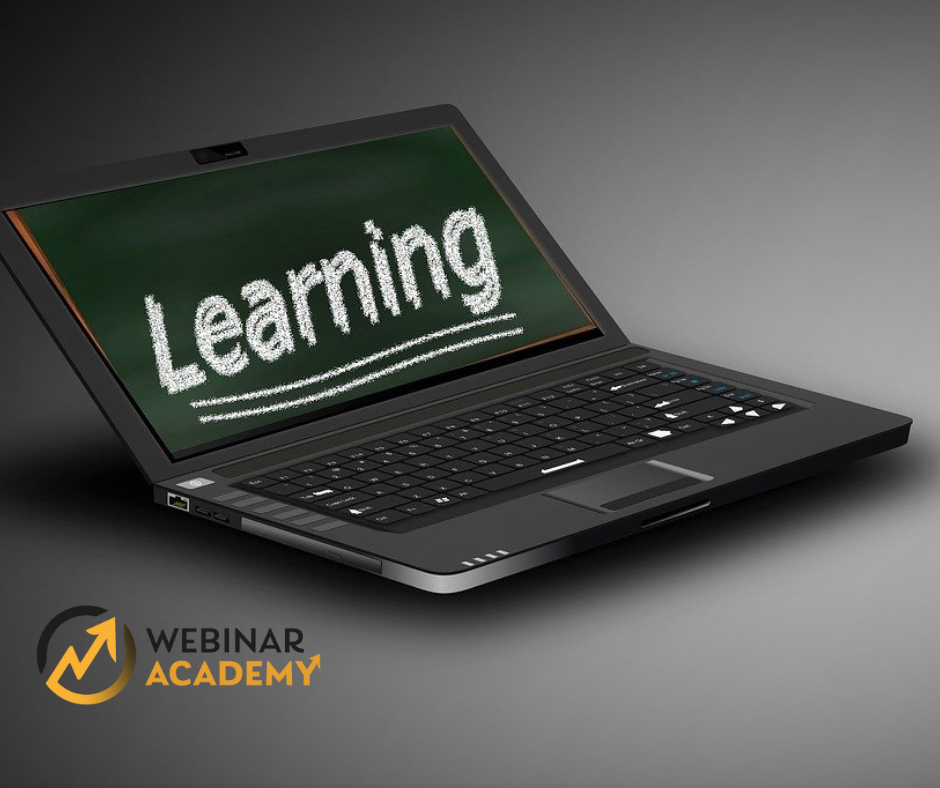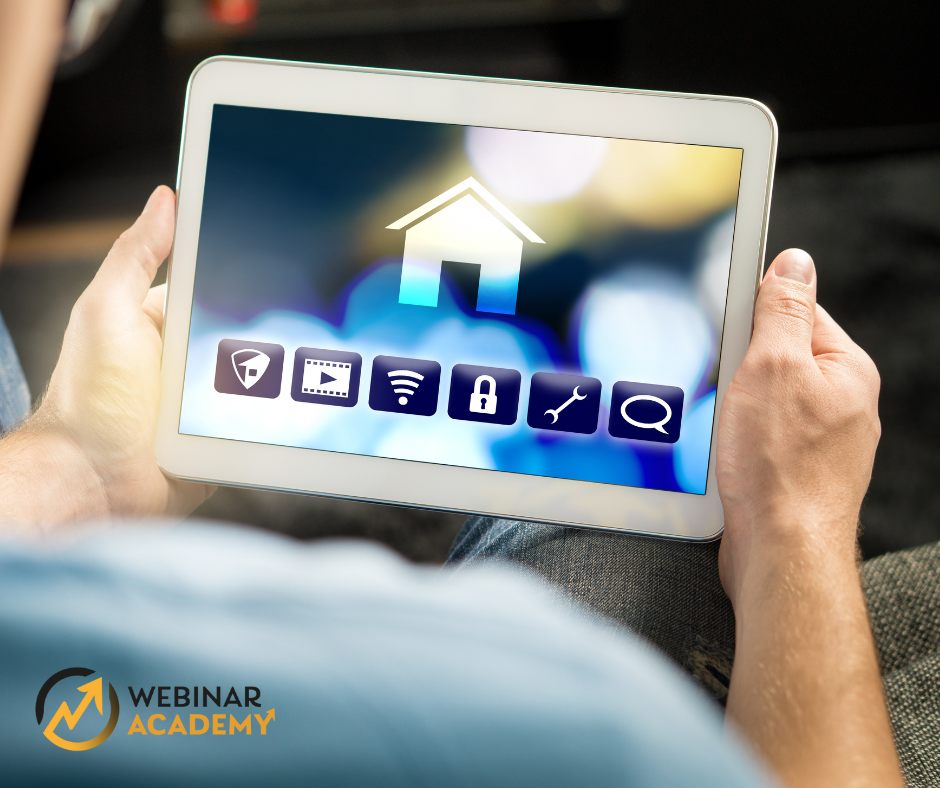Internet revolutions
Access to the internet has changed a lot. It used to be that if you wanted to look up a piece of information, you had to look it up in an encyclopaedia. If you wanted to do more research, you had to go to the library, search through books, newspapers, articles or other sources of information.
Now, if you want to learn something new, all you have to do is type it into an Internet search engine. You gain access to knowledge in a matter of moments. Hundreds of websites are just waiting for you to browse. From one search term to another... And you can even spend a whole day expanding your knowledge in this way. If the web has made it so much easier to acquire information, has it also had an impact on learning? Absolutely. Lessons at school can become more interesting, as textbooks are no longer the only source of knowledge. On the Internet, you can use material in the form of videos, photos or entries created in an interesting form. The options are numerous.
For students, too, this is of great importance. It is easier for them to prepare for lessons using the internet. They can even shine in the lesson with an interesting fact if the topic interests them. There are many options.
However, the Internet has not just changed the approach to preparing for lessons or tests. It has provided many new opportunities for lessons. This was very much demonstrated by the coronavirus pandemic. It was necessary to conduct lessons online so that face-to-face interactions were limited. Thanks to the web and remote conferencing software, this was possible.
What's more, the lessons took place in real time and the students had webcams and microphones on. They could ask the teacher for details, answer their questions or, for example, read their homework or give a presentation or paper. In fact, therefore, the activities took place in a similar way as they would have in a classroom, except that everyone was at home and no time was wasted commuting. This form of learning in schools certainly works well for theoretical lessons, in the form of lectures or even activities involving pupils, but in a way that does not require contact with exhibits. This is because it is difficult to carry out, for example, physical or chemical experiments from home. Here, it is useful to meet in the classroom so that every student can do something themselves and learn something in a practical way.
In such situations, the hybrid model, which is often used in universities, works well. Some classes are held online, while other classes, which require some interaction, group work or just practice, working on instruments, are held stationary. This removes the need to sit in a lecture theatre and saves a lot of commuting time.

Remote learning ... that is?
What is distance learning? The simplest way to describe this phenomenon is as lessons taking place online. However, there are many ways to conduct such lessons.
Remote learning is primarily characterised by the fact that lessons are not conducted at a designated location. Students do not meet in a classroom or lecture theatre, nor are they joined by a teacher. They are in their own homes or in other places where they have access to the web.
They can, however, meet in a virtual classroom. This is one way of conducting online classes. All members meet at a set time online, turn on cameras and microphones and listen to a lecture, then a discussion is held. The organisation of such classes depends on the subject matter and on the ideas of the teacher.
Another form of online classroom is the training platform, where materials are immediately available. Thus, there are no meetings at a specific time, but the material can be worked on at any time. The materials usually include videos, texts, images, graphics and webinars. Courses in this form are offered by Webinar Academy, an online platform. Here you will find many interesting training courses on various topics. You can learn when you want and when you have the time.
Computer, internet, platform, course
Online learning sounds interesting, doesn't it? First and foremost, it connotes not having to go to a specific location to take a class. This, in turn, saves money and, above all, time on commuting. You can study from anywhere you have access to the web. Some platforms also allow you to view the material offline, so you can learn even when you are travelling, on a plane or where there is no signal. That's a lot of possibilities.
Even if a course involves teaching a whole group online, it's still convenient because you still don't have to go anywhere. All you need is a computer and the internet. You can ask questions, give feedback, ask about issues that are unclear. It's all the same as in the case of in-person learning.
There are, however, some differences that can be seen as disadvantages to this type of learning. First of all, because students do not meet in a particular place, it can be more difficult to create an atmosphere conducive to learning. At home, there are many distractions, other things to do, something constantly distracting attention from the subject of the class. In the classroom, there is not this problem. It is a place created for learning and it is easier to concentrate in a classroom full of other learners than in your own home. This, of course, does not necessarily apply to every person, as a lot depends on how you organise your work. However, some people need a change of environment and a separate space to study/work and to relax. The downside can also be that you need the right equipment to take online classes. Nowadays, usually most people have a computer, but sometimes an additional camera, microphone or headphones are needed. However, most webinars can be watched easily on a smartphone or a computer without a camera. It is worth checking the requirements before signing up for a course.

A vision of the future?
Will distance learning displace stationary learning altogether? It is unlikely to happen. The likely scenario is that the two modes will coexist. It is the same with remote working. Some people find it a great convenience, while others find it hard to concentrate while away from the office.
In the future, remote learning will evolve. Many courses will be available online, and more and more knowledge can be acquired via the Internet. Land-based courses, however, will not disappear - although there may be blocks of online classes. So there will be something for everyone.
The Internet has revolutionised the way we approach many things. It has made it easier to meet people, and it takes only a few moments to find information on interesting topics. The change has also affected the training and education industry. Online classes are increasingly appearing at universities, especially for topics that do not require practical exercises. There are also a number of courses emerging, webinars that can be conveniently watched at a convenient time. One interesting platform offering courses of this type is Webinar Academy.
